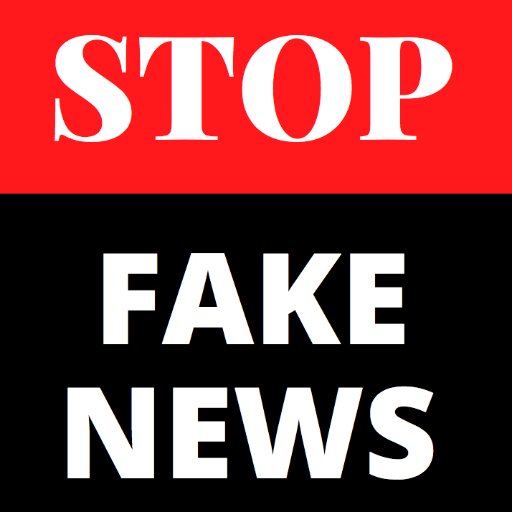Social Media's fake news spreads like wildfires!
Social media has replaced newspapers because it is preferred over the conventional news.In our pockets, we carry the main source of where we get our information. If you want knowledge on what is going on in the world all you have to do is reach into your pocket, pull out your cell phone and get online. In a matter of seconds, you will have news from all over the world. But, is the information that we are obtaining from social media fiction or fact? Credibility is a big issue we face on social media. It is very difficult to know what to believe or not online. In the Ted talk video " How to see past your own perspective and find the truth" it talks about how hard it is to tell the difference between real or fake the more we read or search for information online.
There is an importance of story-telling on social media because that's how it gains its audience. Facebook is currently the most popular way of obtaining information about what is happening in the world. Individuals prefer the use of Facebook to obtain news on what is currently happening around the world because it is very handy. It is much easier to log on it to check what is new than to go buy a newspaper or go home to watch the television for breaking news. The users of this site share the news stories, images, and videos that they see on it without verifying whether what they are sharing is true or not. This is how false information is spread throughout social networks in a matter of minutes just like wildfires.
News on social networks such as Facebook can be misleading because the source of pictures and news can be edited and written by the interest of its readers. This gives the audience the important task of being wise. and choose whether to believe it or not. Facebook is too often misused to create as well as spread fake news because there isn't anyone to verify the credibility of the source the information is coming from. I personally have shared news on this website without prior knowledge of its credibility and I have also seen other people on it do the same. From my personal perspective, it is extremely difficult to differentiate between whats real or fake. The Ted video in regards to seeing past your own perspective has shared some light on the fact that we as a society are so susceptible to fake news and I am shocked.
There definitely should be ways of preventing the spread of fake news. Social websites should not allow posts of news without it coming from credible sources. They should make sure that the news being posted comes from a registered media organization. But ultimately it is up to users to not share the news that they are unsure of. Just as The Ted Talks video suggest, "we need to dare to know, and we also should dare to understand". We as a society should challenge ourselves to not be so quick to accept what we see and read on the internet we should question the source of information we are getting it from and work for ourselves to seek the truth behind it before we spread fake news like wildfire.


You know, I used to be a big fan of The Onion, a wonderful satirical fake newspaper. The difference between what they did and "fake news" is that The Onion never pretended to be anything but satirical whereas fake news sources consistently spread lies that they KNOW are lies.
ReplyDeleteFox News is notorious for this, spreading some fake story like the pizzagate incident, which prompted one crazy person to go armed to that pizza place and threaten the owners, which they later rescinded... very quietly. Conspiracy theories like Alex Jones and his InfoWars site is another source of consistently debunked nonsense that people believe. It's called confirmation bias; these fake news sources say what people WANT to believe because of their particular biases.
In any case, great response. Thanks!